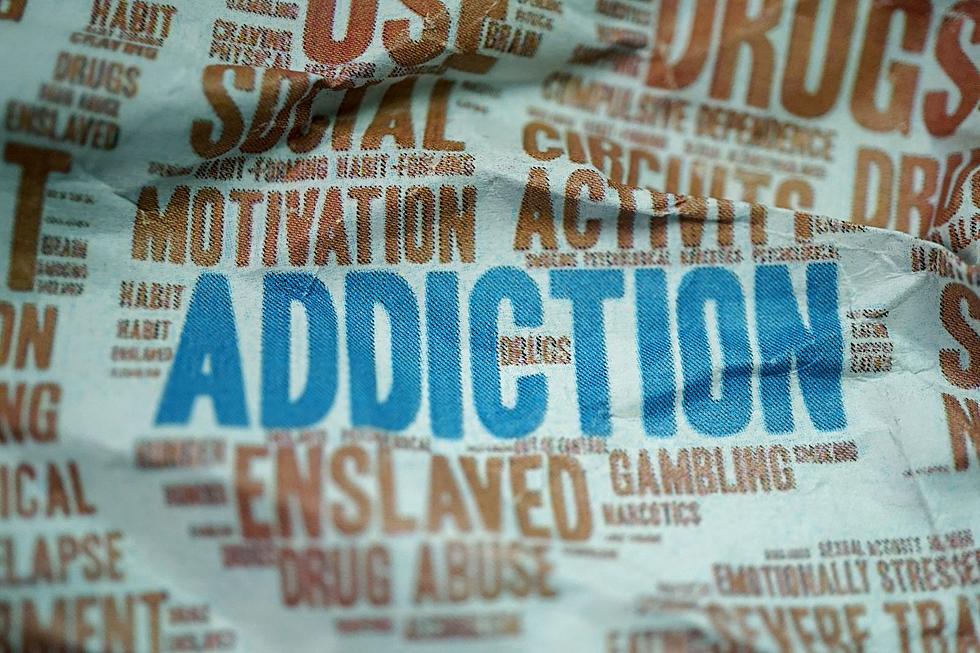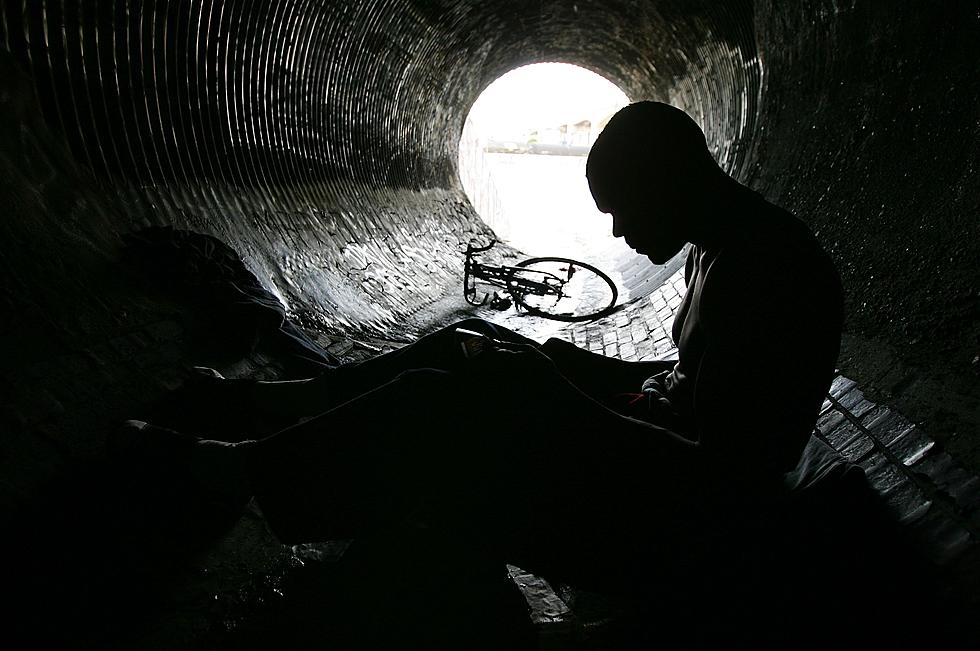
Senate approves bipartisan bill bolstering anti-drug efforts
The Senate paused Thursday from its nasty partisan clash over the Supreme Court vacancy and easily approved election-year legislation reinforcing government efforts against heroin and the abuse of opioid painkillers.
By an overwhelming 94-1 margin, lawmakers completed a bill that would create grants to bolster state and local programs targeted at a growing, deadly problem. More than 47,000 Americans died of drug overdoses in 2014 in cities and rural areas alike, a death rate that has more than doubled since 2000.
The bipartisan vote contrasted with the parties' rancorous divide over Republicans' refusal to consider anyone President Barack Obama picks to replace the late Justice Antonin Scalia on the high court.
That battle has dominated the Senate's business since Scalia's Feb. 13 death, with Democrats using it to label Republicans as obstructionists. Senate Majority Leader Mitch McConnell, R-Ky., and other GOP lawmakers have been eager to pass the anti-drug bill and cite it as an achievement of the Republican-run chamber.
"We've accomplished something important today, and that is to pass legislation that will actually help to address a very real problem in our communities," said Sen. Rob Portman, R-Ohio, who with Sen. Sheldon Whitehouse, D-R.I., is a sponsor of the measure.
Portman, along with Sen. Kelly Ayotte, R-N.H., and other Republicans facing competitive re-election races in swing states have sought to highlight the bill as an example of the Senate addressing pressing local problems.
The federal Centers for Disease Control and Prevention has said the drug problem has grown most significantly in the Northeast, Midwest and South. West Virginia, New Mexico, New Hampshire, Kentucky and Ohio had the highest death rates from drug overdoses in 2014.
The bill's one-sided approval came after Republicans defeated a Democratic effort last week to add $600 million to the legislation.
The measure provides no new money for its grants. Republicans argued previously approved money could be used and said more could be provided when Congress writes next year's spending bills, but Democrats said the measure would be badly weakened without additional funds.
In a letter this month expressing support for the bill's grants, White House officials said that unless Congress provides extra money, the bill "would do little to address the epidemic" of drug abuse. The letter did not threaten a veto.
The nonpartisan Congressional Budget Office has said the bill would establish programs worth $725 million through 2021.
The bill includes money to train emergency workers to treat drug abusers, create treatment programs that would be alternatives to imprisonment and finance recovery programs at schools and non-profit groups. There would be grants for helping veterans and pregnant offenders, and funds for using drugs like naloxone that can reverse opiate overdoses and for local law enforcement efforts.
Rep. Jim Sensenbrenner, R-Wis., has written similar House legislation that has 92, mostly Democratic co-sponsors. Committees there plan to work on the issue and their timetable for producing a bill is uncertain.
"I hope that they don't stall it and fiddle around with it. If the House does not act, then the Senate's work is a sham, and that would be a shame," Whitehouse said.
Sen. Ben Sasse, R-Neb., was the lone vote against the bill. In a written statement, he expressed doubt that fighting addiction "is best addressed at the federal level."
(Copyright 2016 The Associated Press. All rights reserved. This material may not be published, broadcast, rewritten or redistributed.)
More From New Jersey 101.5 FM









